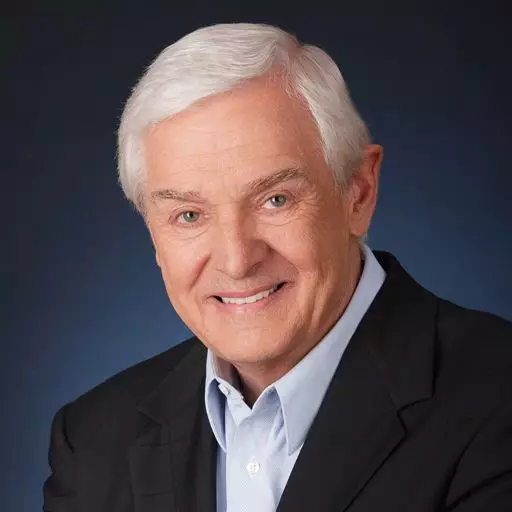We all say it, don’t we? “Let’s meet at the church.” Somewhere along the way we began referring to “the building where the church meets” as “the church.”
The shift in language probably gathered momentum in the fourth century A.D. under the rule of the Roman Emperor Constantine I. Under Constantine, Christianity became the official religion of the Roman Empire and churches multiplied. It’s easy to see how “the building where the church meets” got shortened to “the church.”
The early church started meeting in the small homes of the day or outdoors in the temple court in Jerusalem (Acts 2:46). But today, there are five churches in the world that are almost skyscrapers, standing more than 500 feet tall. Then there are the steps—many churches have them! Steps gave early architects a way to symbolize drawing closer to God.
Church Versus Churches
But do steps—or the size of the church—really draw us into closer fellowship with God? Some have wondered what Jesus Christ—a Man who lived a simple life—might say about the time, talent, and treasures used to build ornate church buildings where people gather to worship Him.
Each group that constructs a building in which to worship God must make its own decisions on the level of expense or extravagance to employ. But hopefully all Christian congregations will remember that the building is not “the” church. The first-century church proved that buildings are not necessary for the church to grow and prosper and change the world.
Church Membership: An Option or Not?
Church membership is not an option. We are living in a day when far too many Christians have decided that regular church attendance, commitment, involvement, or affiliation is optional. That is not a biblical idea.
Many Christians have confused going to a church building with being a member of a church. But the committed “members” are the ones who are doing the work of the ministry (Ephesians 4:12).
Those who “go to church” on Sunday morning may be participating in worship and in giving, but they are not getting involved in the life of the church. The New Testament could not be clearer about the necessity for every true Christian to be a contributing part of a local gathering of believers.
You: A Part of the Body
Doctors Mehmet C. Oz and Michael F. Roizen have published a wildly popular series of personal health books, all of which begin with You: . . . The first was You: The Owner’s Manual. We could easily write a Christian volume using the same format called You: A Part of the Body of Christ.
The concept of the Body of Christ gives us the paradigm for why church membership is mandatory. Paul likens the spiritual church to the human body in 1 Corinthians 12 and suggests that, just as every organ and limb in the body has a role to play, so every member of the body of Christ has a role to play as well.
Paul wrote this explanation to an individual local church at Corinth. Every local church is to be a microcosm of the universal church. And Paul mentions no spiritual gift of “attendance” in 1 Corinthians 12. We attend church on Sunday and at other times to accomplish that for which we have been spiritually gifted.
You and Your Church
You should assume that if God has led you to attend a particular church it is for the purpose of joining and serving. Because every healthy church is growing, you should look for an opportunity to serve that matches your spiritual gifts (Ephesians 4:11-13; Romans 12:3-8; 1 Corinthians 12-14; 1 Peter 4:10-11).
Yes, we attend church to be fed and built up—but that feeding and building is ultimately to equip us for the joyful privilege of feeding and building up others. The healthiest people in the church are those who are giving the most.
You don’t have to walk up a long set of steps to draw closer to God. You only need to step into a Christian community through worship and service to enjoy the deepest fellowship possible—the fellowship of the Body of Christ with the Head of the Church, Jesus Christ.
Stepping into a building built for Christ is a good thing. But stepping into the community of Christ as part of His Body is far better.
Dr. Jeremiah is the founder of Turning Point for God, and serves as Senior Pastor of Shadow Mountain Community Church in El Cajon, California. For more information about Turning Point go to www.DavidJeremiah.org



